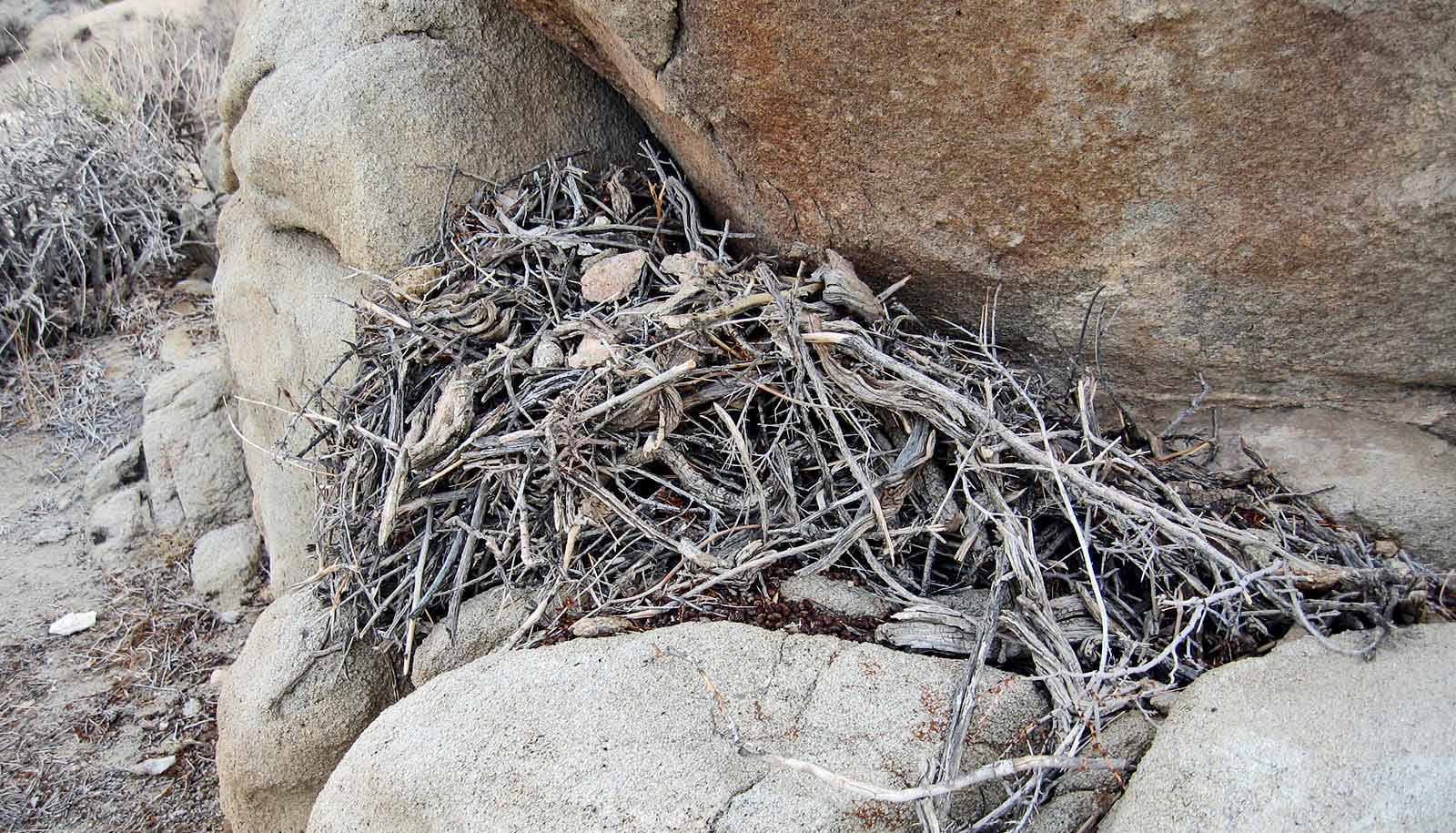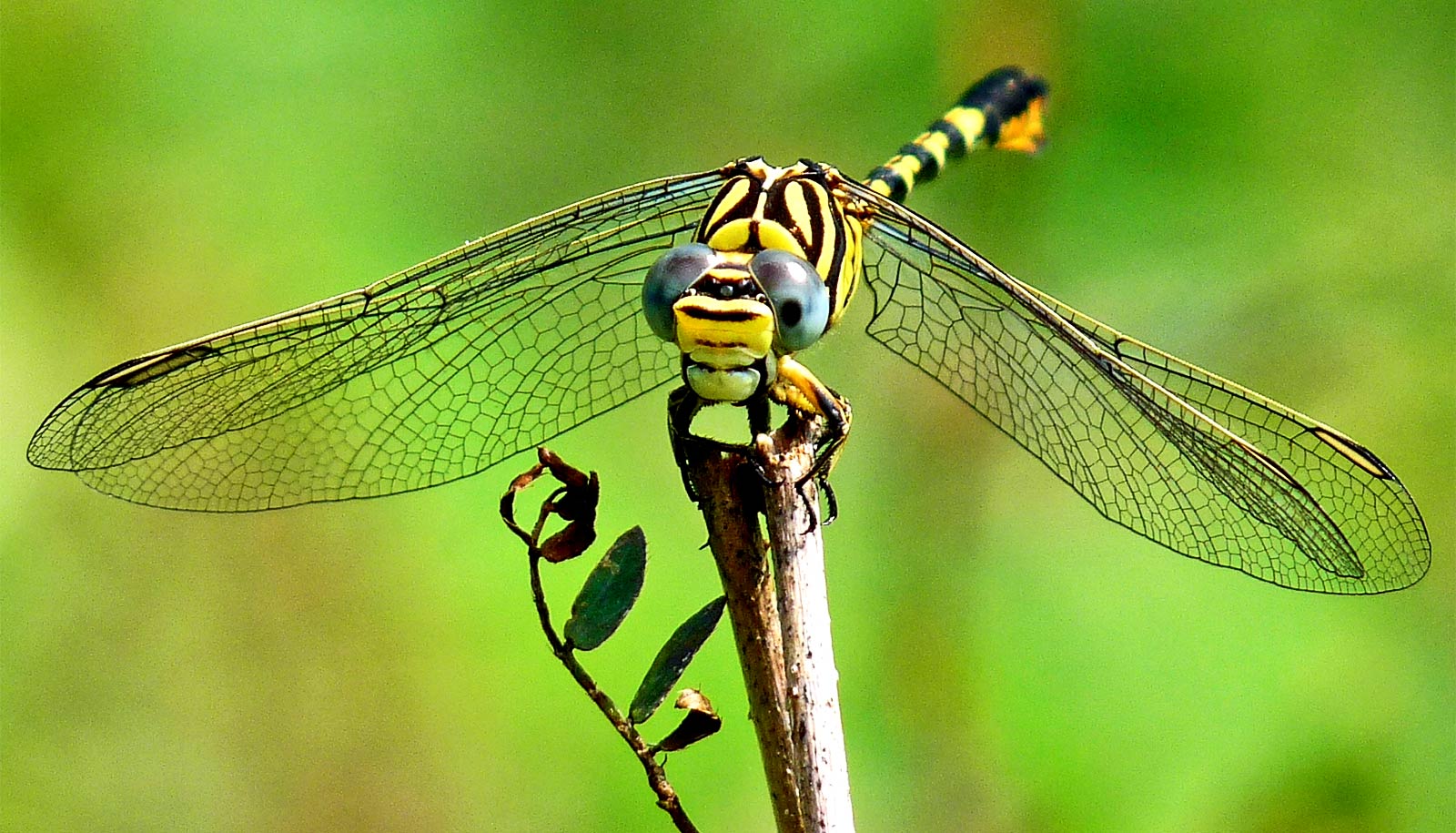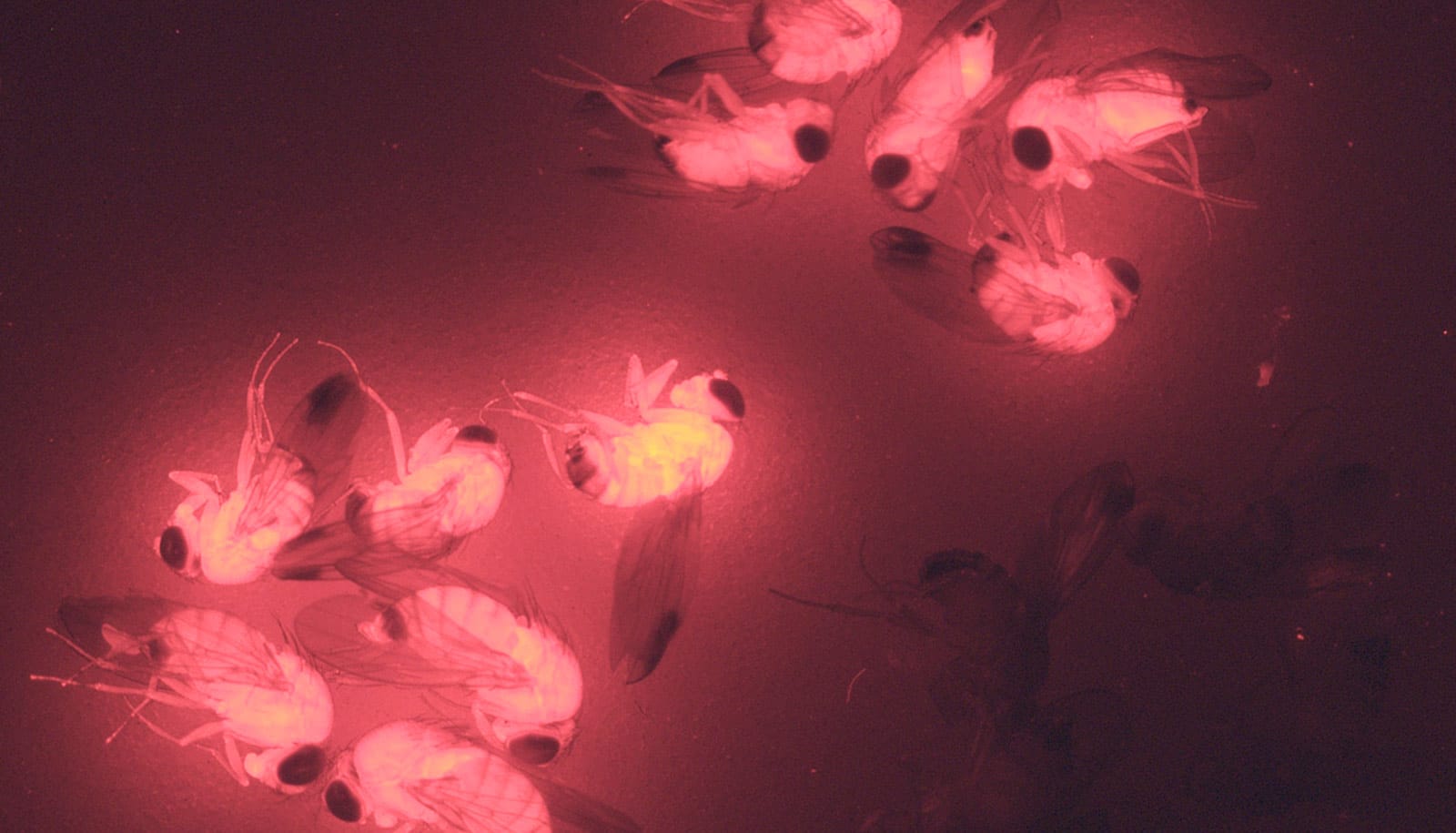Fireflies need dark nights for their summer light shows – here's how you can help
Fireflies' summer evening light shows are a delight for humans, but for the insects they are a crucial mating ritual – and human-caused light pollution is a buzz kill.
Sara Lewis, Professor of Biology, Tufts University •
conversation
May 20, 2021 • ~8 min
May 20, 2021 • ~8 min
/
36

